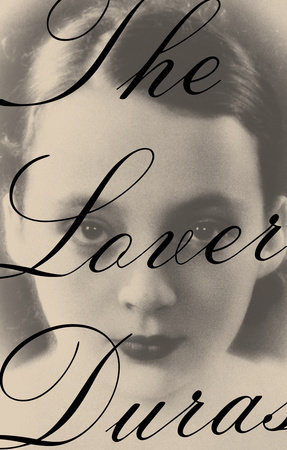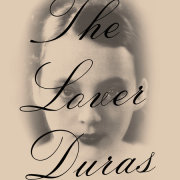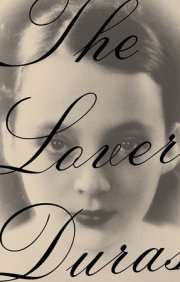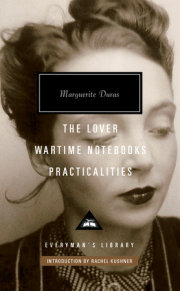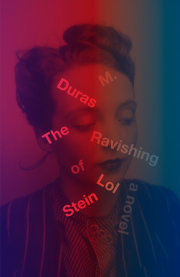One day, I was already old, in the entrance of a public place a man came up to me. He introduced himself and said, “I’ve known you for years. Everyone says you were beautiful when you were young, but I want to tell you I think you’re more beautiful now than then. Rather than your face as a young woman, I prefer your face as it is now. Ravaged.”
I often think of the image only I can see now, and of which I’ve never spoken. It’s always there, in the same silence, amazing. It’s the only image of myself I like, the only one in which I recognize myself, in which I delight.
Very early in my life it was too late. It was already too late when I was eighteen. Between eighteen and twenty-five my face took off in a new direction. I grew old at eighteen. I don’t know if it’s the same for everyone, I’ve never asked. But I believe I’ve heard of the way time can suddenly accelerate on people when they’re going through even the most youthful and highly esteemed stages of life. My ageing was very sudden. I saw it spread over my features one by one, changing the relationship between them, making the eyes larges, the expression sadder, the mouth more final, leaving great creases in the forehead. But instead of being dismayed I watched this process with the same sort of interest I might have taken in the reading of a book. And I knew I was right, that one day it would slow down and take its normal course. The people who knew me at seventeen, when I went to France, were surprised when they saw me again two years later, at nineteen. And I’ve kept it ever since, the new face I had then. It has been my face. It’s got older still, of course, but less, comparatively, than it would otherwise have done. It’s scored with deep, dry wrinkles, the skin is cracked. But my face hasn’t collapsed, as some with fine features have done. It’s kept the same contours, but its substance has been laid waste, I have a face laid waste.
***
So, I’m fifteen and a half.
It’s on a ferry crossing the Mekong River.
The images lasts all the way across.
I’m fifteen and a half, there are no seasons in that part of the world, we have just the one season, hot, monotonous, we’re in the long hot girdle of the earth, with no spring, no renewal.
***
I’m at a state boarding school in Saigon. I eat and sleep there, but I go to classes at the French high school. My mother is a teacher and wants her girl to have a secondary education. “You have to go to high school.” What was enough for her is not enough for her daughter. High school and then a good degree in mathematics. That was what had been dinned into me ever since I started school. It never crossed my mind I might escape the mathematics degree, I was glad to give her that hope. Every day I saw her planning her own and her children’s future. There came a time when she couldn’t plan anything very grand for her sons any more, so she planned other futures, makeshift ones, but they too served their purpose, they blocked in the time that lay ahead. I remember my younger brother’s courses in bookkeeping. From the Universal Correspondence School—every year, every level. You have to catch up, my mother used to say. It would last for three days, never four. Never. We’d drop the Universal School whenever my mother was posted to another place. And begin again in the next. My mother kept it up for ten years. It wasn’t any good. My younger brother became an accountant’s clerk in Saigon. There was no technical school in the colonies; we owed my elder brother’s departure for France to that. He stayed in France for several years to study at the technical school. But he didn’t keep it up. My mother must have known. But she had no choice, he had to be got away from the other two children. For several years he was no longer part of the family. It was while he was away that my mother bought the land. A terrible business, but for us, the children who were left, not so terrible as the presence of the killer would have been, the child-killer of the night, of the night of the hunter.
Copyright © 1998 by Marguerite Duras. All rights reserved. No part of this excerpt may be reproduced or reprinted without permission in writing from the publisher.

